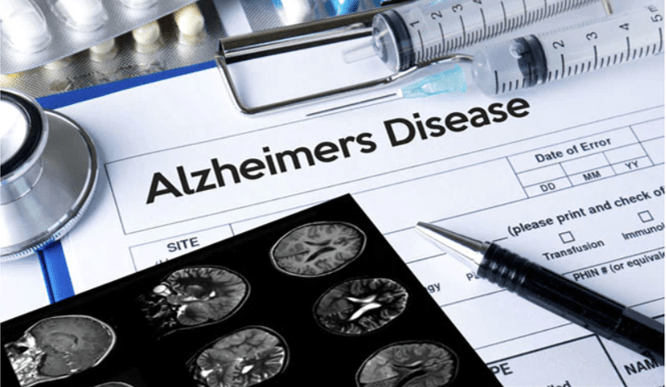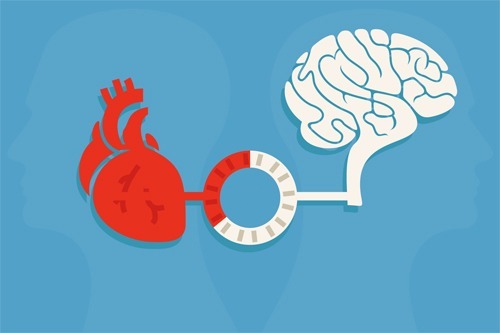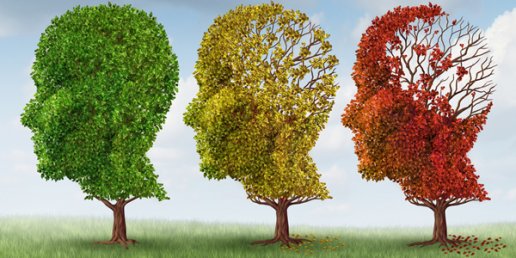Posts Tagged ‘beta-amyloid’
On cognitive reframing and biases, stress, mental health tech, Aduhelm backlash, Britney Spears, and more
Welcome to a new edition of SharpBrains’ e‑newsletter, featuring this time nine scientific reports and industry developments to help promote lifelong brain and mental health. #1. To lower stress levels and improve problem-solving, practice cognitive reframing instead of venting “… venting likely doesn’t soothe anger as much as augment it. That’s because encouraging people to…
Read MoreAlzheimer’s & Dementia researchers challenge FDA’s approval of Aduhelm given lack of evidence for beta-amyloid as a marker
Doctors Blast Biogen Alzheimer Approval as ‘Regulatory Failure’ (Bloomberg): Top researchers who advised the U.S. Food and Drug Administration on Biogen Inc.’s Alzheimer’s drug blasted the agency for approving it, calling the decision a “regulatory failure” that is “at odds with the evidence.”
Read MoreUpdate: Moderate lifetime drinking may lead to lower Alzheimer-related beta amyloid deposits in the brain
__ Time for a new edition of SharpBrains’ e‑newsletter. #1. First of all, it’s not all bad news this month. Study finds that moderate lifetime drinking may lead to lower Alzheimer-related beta amyloid deposits in the brain #2. And, talk about personalized medicine! This fascinating study showing how brain imaging (fMRI) + machine learning + intensive, non-invasive…
Read MoreStudy challenges the “seductive” amyloid hypothesis of Alzheimer’s disease (AD)
_____ Vascular Health at Age 36 Tied to Brain Health at 70 (Medpage Today): “A longitudinal study shed light on just how early people may want to start doing something to reduce their dementia risk decades in the future. Each 1% increase in Framingham vascular risk score at age 36 was associated with 9% higher white…
Read MoreNew studies reinforce Education and Cognitive Reserve –instead of drugs targeting beta amyloid– as most promising avenue to prolong cognitive health and reduce dementia risk
Dementia Risk Declines, And Education May Be One Reason Why (NPR): “Some encouraging news in the battle against Alzheimer’s disease and other forms of dementia: The rate at which older Americans are getting these conditions is declining. That’s according to
Read MoreUpdate: New brain science leads to new tools and to new thinking
We often view memory, thinking, emotions, as completely separate entities, but they truly are part of the same process. So, if we want to improve brain health, we need to pay attention to the “weak link” in that process. In today’s society, managing stress and negative emotions is often that weak link, as we discuss…
Read More





